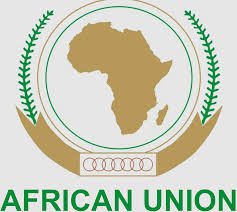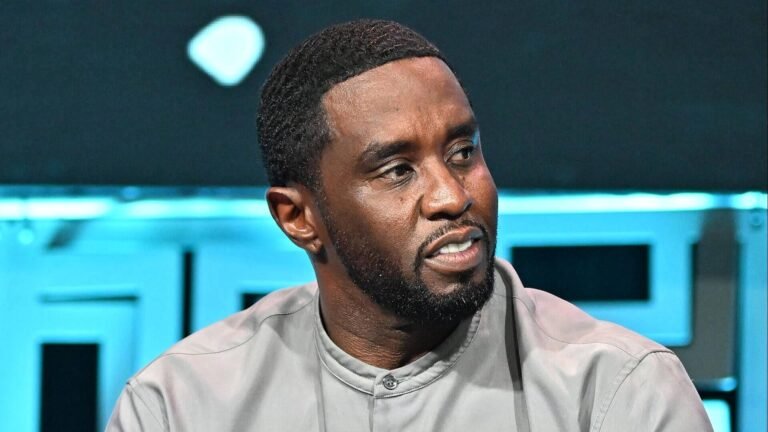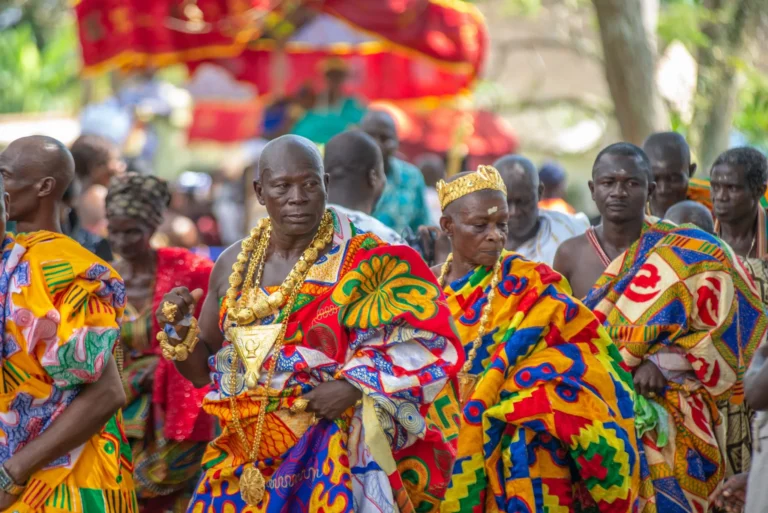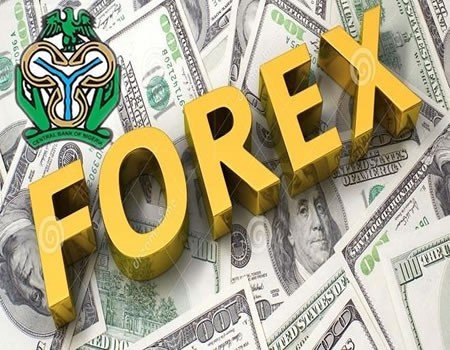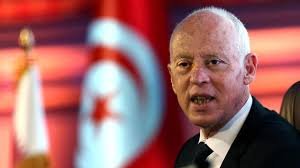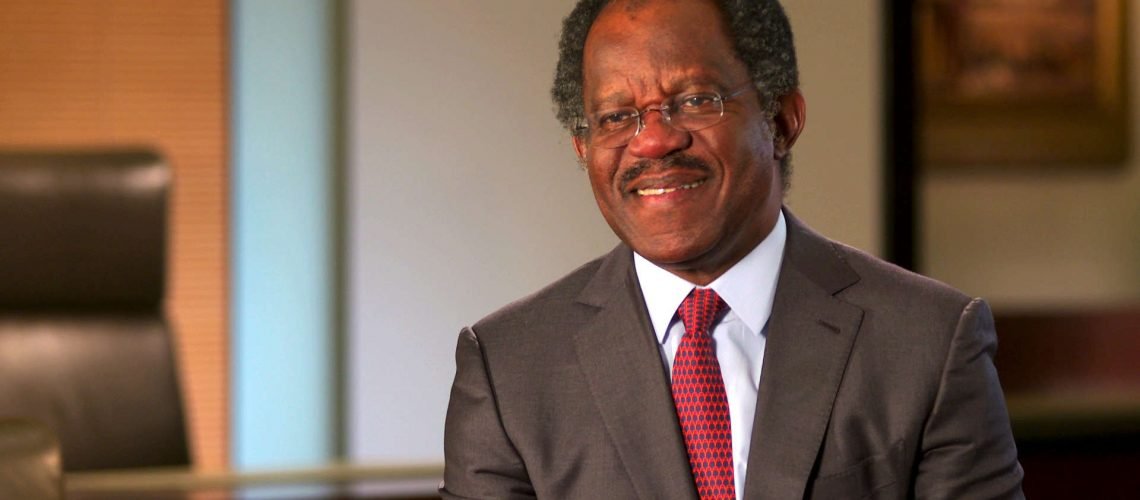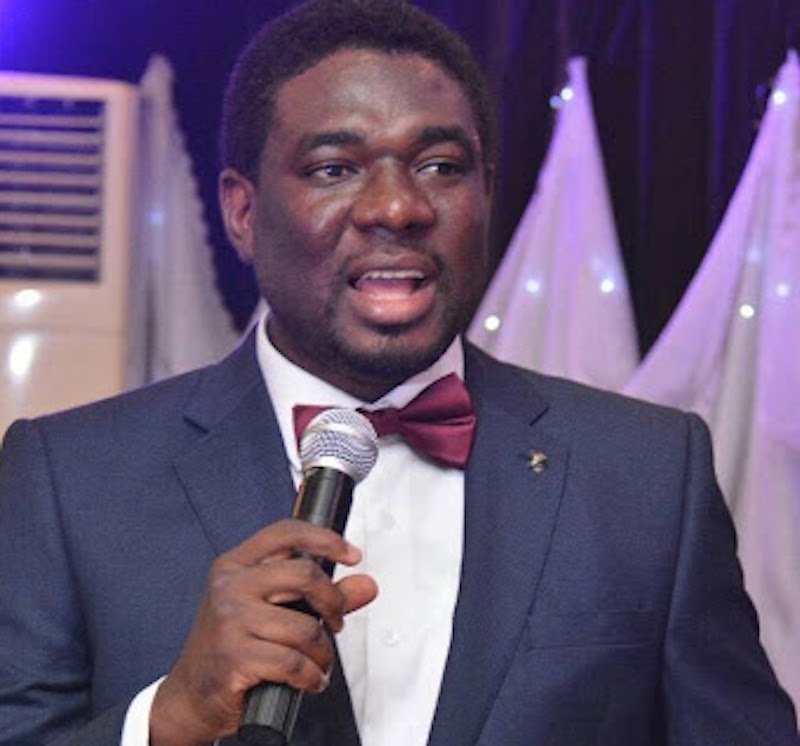yWhen the African Union (AU) was formed in 2002 to replace the Organisation of African Unity (OAU) after a three-year hiatus, the founding fathers had a noble goal to promote African unity and self-reliance, however, years down the line, Africa has never been more dependent on foreign powers as it is now especially financially.
The union comprising 55 member states was established to proffer African solutions to African problems with particular emphasis on promoting unity and solidarity among African states, coordinating efforts for economic and political development, safeguarding the sovereignty of member states, preserving African culture, and promoting international cooperation under the umbrella of pan-Africanism.
Over two decades later and the union is still being significantly funded by foreign partners to the dismay of many Africans. As Mo Ibrahim, Founder, Mo Ibrahim Foundation, recently put it at the 2025 Ibrahim Governance Weekend in Marrakech, Morocco: “It’s a disgrace that 70% of the $650 million annual budget of the African Union is funded by Europeans. When the foreigners fund us, they are ‘development partners’. Then tomorrow they are ‘colonizers and imperialists’. We have to be serious. It’s either we have an African Union and fund it, or we all go home”. This reflects the growing sentiment amongst Africans who constantly ask why a pan-African body still depends so heavily on outsiders for its operations.
AU Budget Funding
The AU budget is divided into a regular Budget, which covers operational costs like administrative and utility expenses, and a Programme Budget used to fund the execution of programs approved by the Assembly, including initiatives of continental importance and emergency response readiness. The source of funding for this budget generally comes from member states and development partners, especially European countries.
In 2024, the 2024 African Union budget was $605.76 million, with external donors covering $370.08 million (62%) and member states contributing $200 million (33%). b 2023, Development partners covered at least 67% of the union’s $654.8m budget. In 2022, of the African Union’s $650m budget, the entire peace and security budget of $279 million was still largely funded by donors.
Contribution from member states has also been largely uneven in recent years, with member states falling short of the funding target set by the union as despite countries like Nigeria carrying out their financial responsibilities to the AU, other countries are still far behind in their responsibilities. In 2025, member states successfully covered 100% of the operational budget, yet their contributions to the program budget declined to 9%, far below the 75% target, while peace support operations by member states dropped to 0% in 2025, having witnessed a temporary increase to 11% in 2024. Additionally, only 17 member states have implemented the 0.2% import levy introduced by the African Union since 2019.
The European Union and The African Union: A Marriage of Necessity
The European Union has consistently supported AU peacekeeping efforts, governance initiatives, and infrastructure projects through numerous funding arrangements.
In 2024, the AU’s total budget was approximately $605 million, with over 60% of that funded by international partners. The EU remains one of the largest and most consistent contributors to the AU, with European money supporting everything from AU peacekeeping in Somalia and the Sahel to health, climate, and governance initiatives across the continent.
The EU often fills the AU’s funding gaps, especially in terms of peace operations in conflict zones across the continent, as African instability has proven to have direct repercussions for Europe, particularly in the form of irregular migration, security threats, and economic disruption. This funding also helps entrench the EU’s soft power on the African continent, opening up new markets for European trade and resource extraction.
This EU donor money, however, comes with donor influence. Policy directions, program priorities, and even staffing decisions are often shaped by European preferences, undermining the AU’s vision of African-led development and independence, reinforcing a neo-colonialism dynamic.
In recent years, the EU has begun to pivot from development aid to long-term investment in Africa, further perpetuating its authority in Africa. This poses a silent threat to the continent, as it is no secret that “He who pays the piper dictates the tune”.
It is therefore time for African Union (AU) members to wake up and commit to funding the union in order to keep the union’s goal of self-sufficiency and independence on track, as the fact that an organization built on African independence still leans on foreign funding is a very unsettling paradox.


